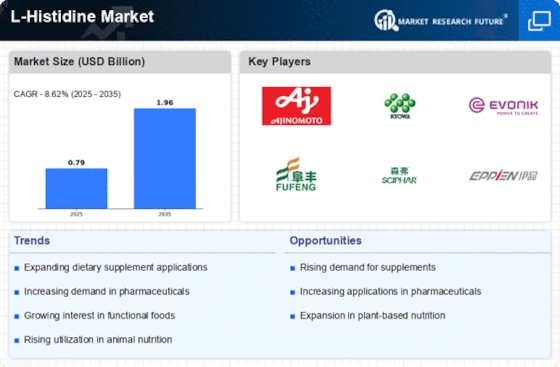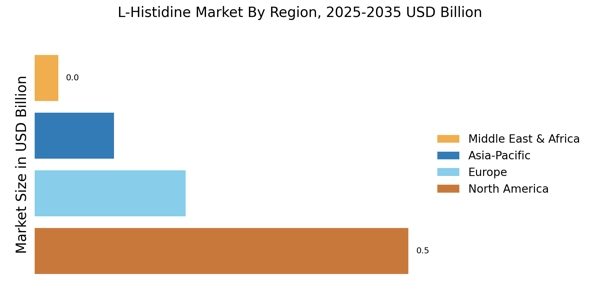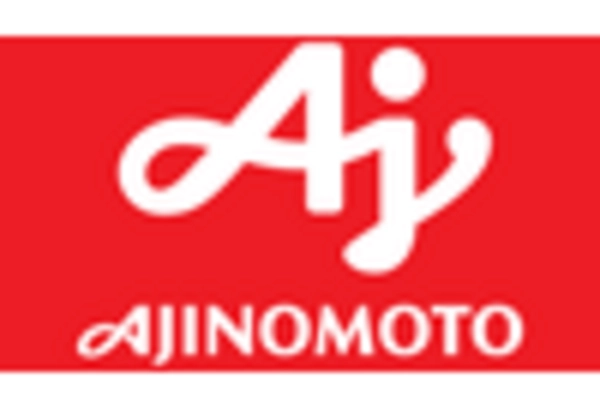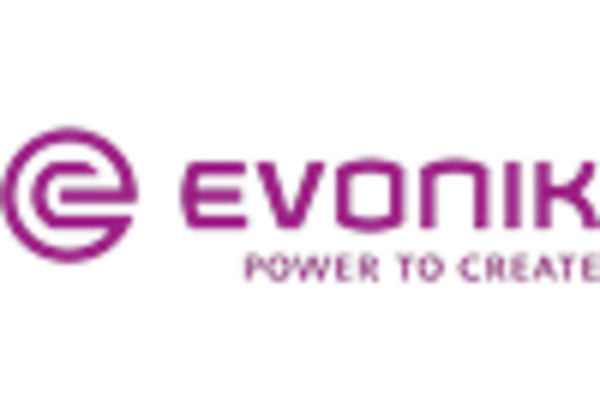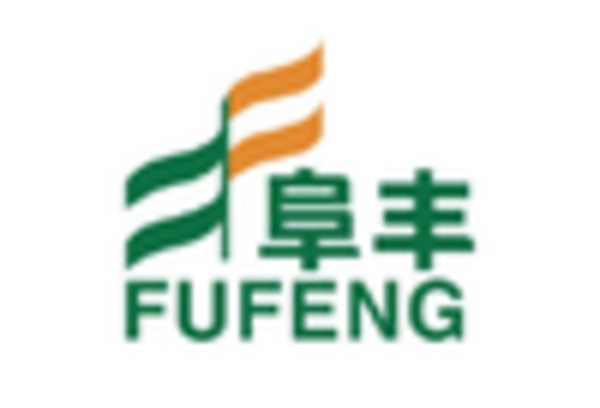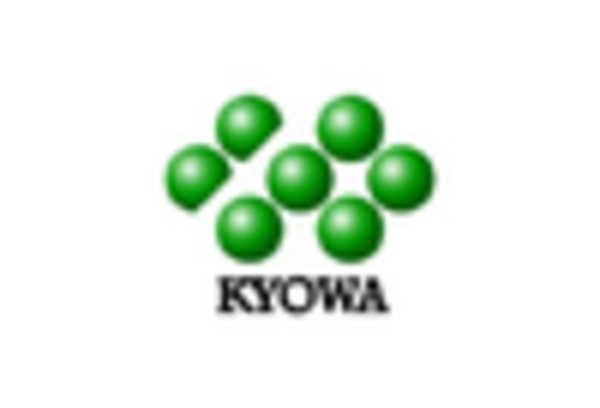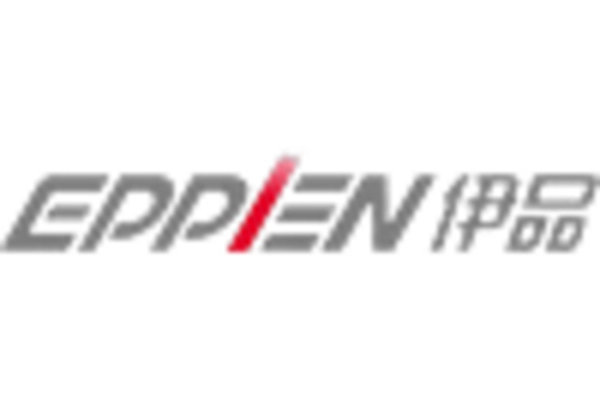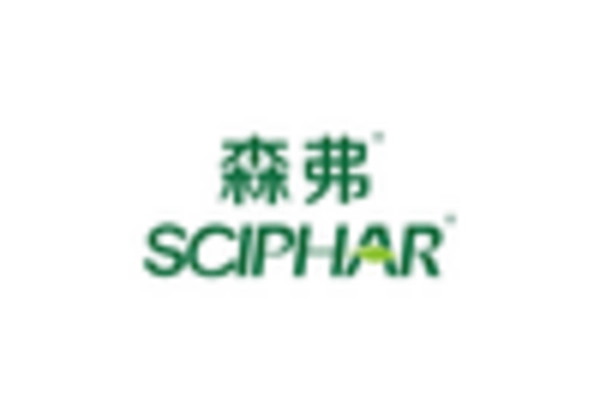Growth in Sports Nutrition
The growth in the sports nutrition sector is a crucial driver for the L-Histidine Market. Athletes and fitness enthusiasts are increasingly turning to amino acids to support muscle recovery and enhance performance. L-Histidine Market, known for its role in muscle metabolism and recovery, is gaining traction among this demographic. Market analysis indicates that the sports nutrition market is expanding rapidly, with a significant increase in the consumption of amino acid supplements. This trend suggests that the L-Histidine Market will likely see heightened demand as more individuals incorporate L-Histidine Market into their pre- and post-workout nutrition strategies.
Advancements in Biotechnology
Advancements in biotechnology are playing a transformative role in the L-Histidine Market. Innovations in production methods, such as fermentation technology, are enabling more efficient and sustainable production of L-Histidine Market. This not only reduces costs but also enhances the quality of the final product. As biotechnology continues to evolve, it is expected that the availability of high-quality L-Histidine Market will increase, thereby meeting the rising demand across various sectors, including pharmaceuticals and nutraceuticals. The L-Histidine Market is likely to benefit from these advancements, as they facilitate the development of new applications and formulations that cater to diverse consumer needs.
Expansion of Functional Foods
The expansion of functional foods is another significant driver for the L-Histidine Market. As the food industry evolves, there is a marked shift towards products that offer health benefits beyond basic nutrition. L-Histidine Market is increasingly being incorporated into functional food products, appealing to consumers looking for enhanced nutritional profiles. This trend is supported by market data indicating that the functional food sector is experiencing robust growth, with projections suggesting a continued upward trajectory. The L-Histidine Market stands to gain from this expansion, as manufacturers seek to innovate and create products that meet the demands of health-oriented consumers.
Rising Demand in Pet Nutrition
The rising demand in pet nutrition is emerging as a notable driver for the L-Histidine Market. As pet owners become more aware of the nutritional needs of their animals, there is a growing trend towards incorporating amino acids into pet food formulations. L-Histidine Market is recognized for its benefits in supporting the health of pets, particularly in terms of skin and coat health, as well as overall vitality. Market data indicates that the pet food industry is experiencing significant growth, which is likely to positively impact the L-Histidine Market as manufacturers seek to enhance their product offerings with essential amino acids.
Increasing Awareness of Health Benefits
The rising awareness regarding the health benefits of L-Histidine Market is a pivotal driver for the L-Histidine Market. As consumers become more health-conscious, they are increasingly seeking dietary supplements that enhance overall well-being. L-Histidine Market is recognized for its role in protein synthesis, immune function, and the production of histamine, which is crucial for various physiological processes. This growing consumer interest is reflected in the expanding market for dietary supplements, which is projected to reach substantial figures in the coming years. The L-Histidine Market is likely to benefit from this trend as more individuals incorporate amino acids into their daily health regimens, thereby driving demand for L-Histidine Market products.


